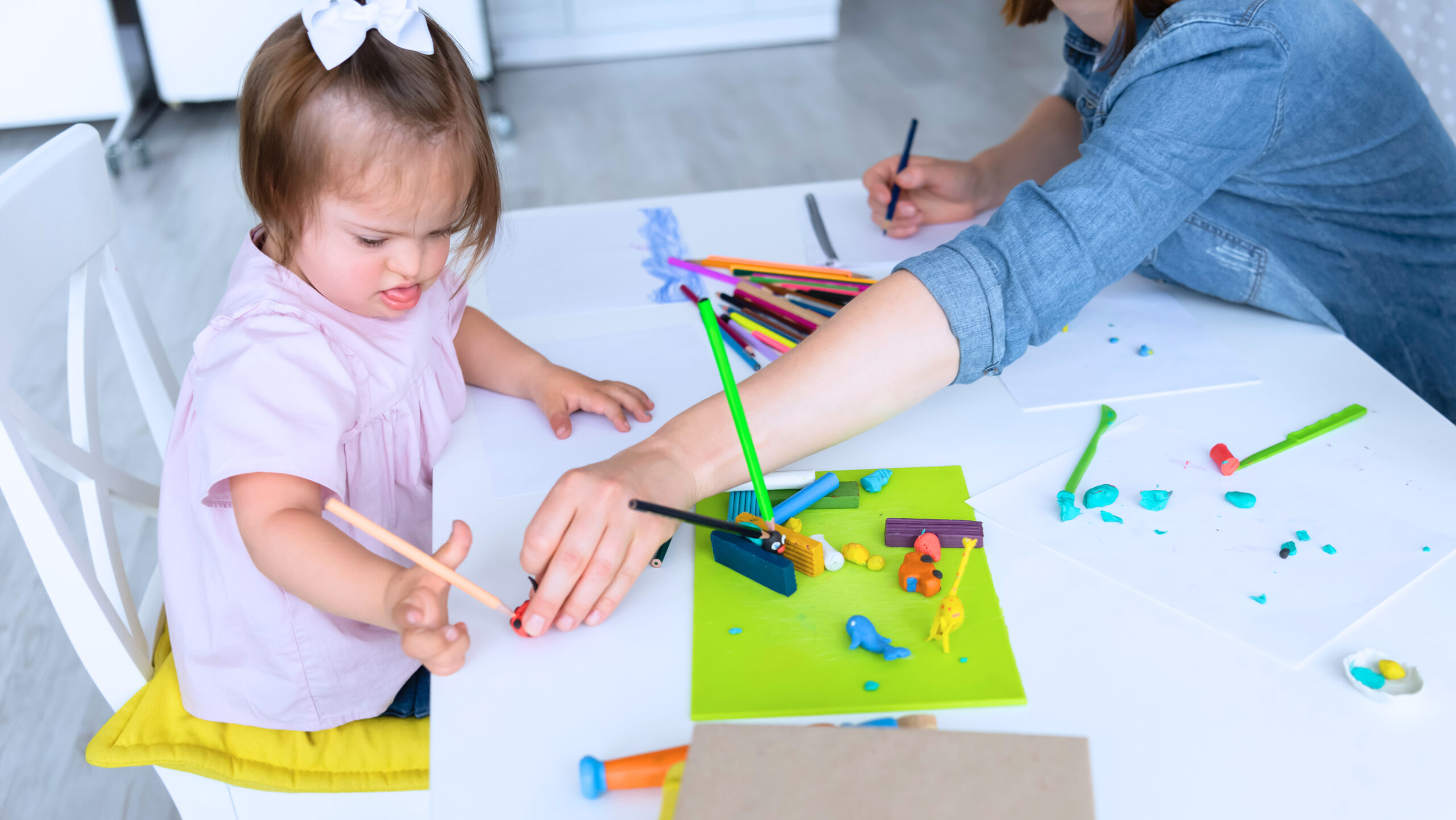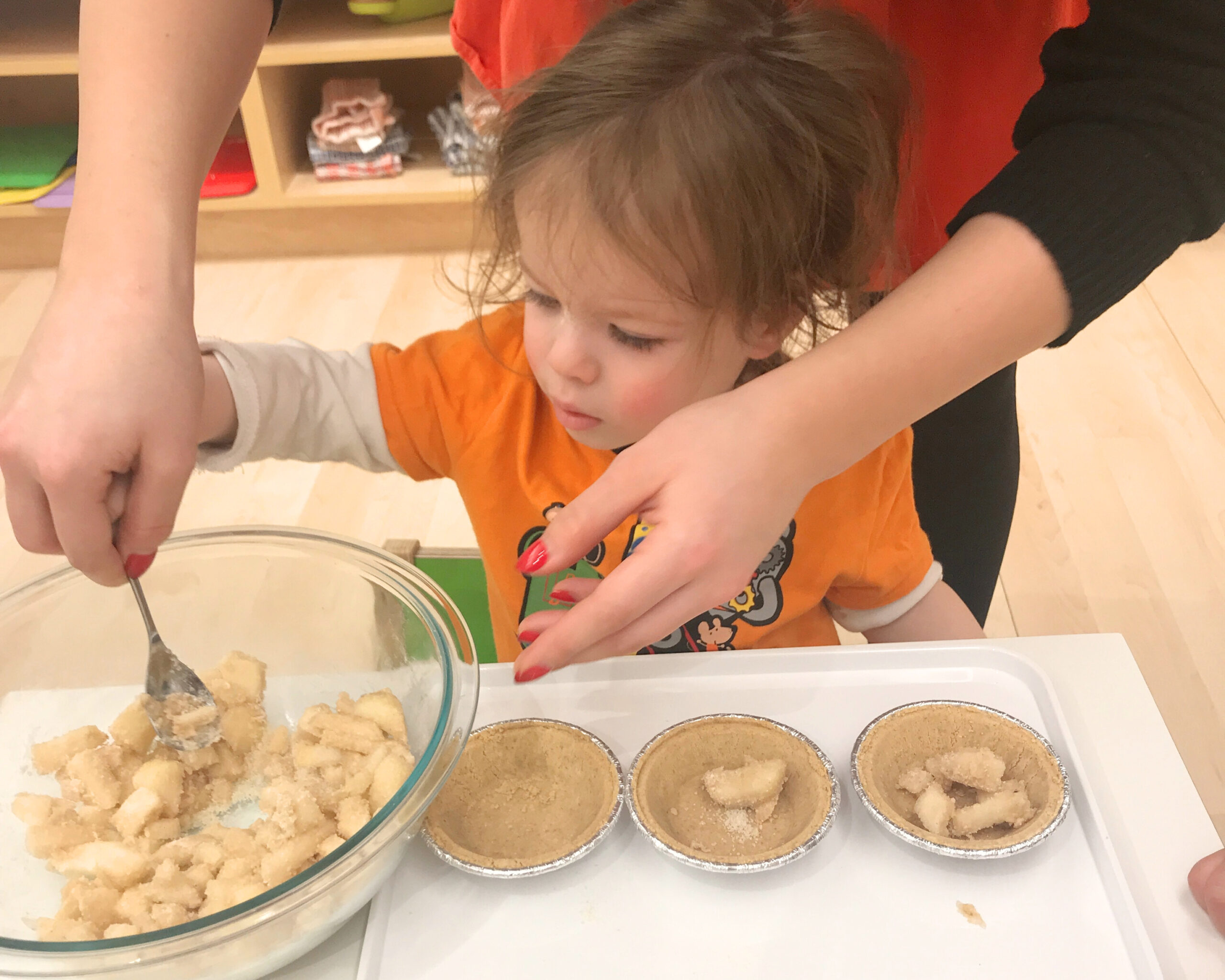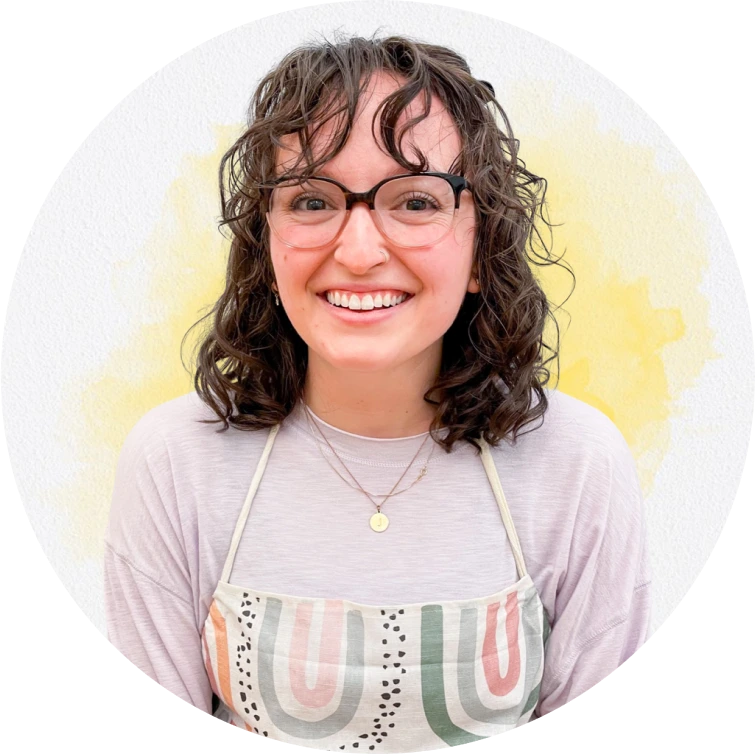Test-taking for children with learning differences can be challenging and overwhelming. When needing to assess their progress, testing can be a helpful tool if you are homeschooling your child; it can inform you on how your child is learning best and in which areas they may need more support. Being a homeschool parent, you have the advantage of designing your own method of assessment based on your child’s strengths and abilities, as well as walking them through the practice of self-evaluation!
Methods of Assessment
Although frequently used in traditional assessment, standardized tests are not the best for assessing students with special learning needs. Standardized tests are just that: standard. Students with learning differences don’t learn in a “standard” way, so testing and assessing should reflect their most successful method of learning. Traditional sit-down tests can be challenging for little ones with special learning needs. Luckily, there are many other options that can help with assessment, such as presentations, journaling, or experiments. Below are a few alternatives that you can consider for your student’s assessment while homeschooling:
- Quiet Observation: If your little one is still in preschool, the best assessment tool is observation. You can keep a notebook with notes, or even take videos of your little one working and learning, in order to track progress without causing anxiety or worry about testing.
- Based on Curriculum: Has your little one retained the content that has been taught through your specific curriculum? The connection between what is being assessed and what is being taught can help your student, and you, feel confident.
- Compiling Work: Whether it’s a presentation or simply you sitting down with your student and looking through their work thus far, making a portfolio allows little ones with special learning needs to look at how much they have learned and accomplished, as well as practice some self-evaluation.
- Referencing Criteria: Has your student accomplished certain concepts and skills?
Assessment for Your Student
Once you’ve found your little one’s method, or methods, of assessment, you get to introduce and modify it so your homeschooling student can be successful.
- Introduce Assessment: Be sure to give clear and specific instructions, and feel free to share the significance of the assessment; not to pressure your student, but so they feel like they are a part of the assessment rather than feeling like they are under a microscope. Ensure your little one feels prepared and confident in starting the assessment, and reflect together after it’s been completed.
- Maximize Environment: The space where the assessment takes place is up to you: however you set up your everyday learning environment, making the assessment free of possible distractions is best, especially if your student experiences anxiety with change. There is no reason an assessment needs to be timed, and unlimited time to complete the task set before them is an exceptionally helpful gift!
- Modify the Task: Feel free to make modifications to the tasks, as long as they don’t jeopardize the integrity of the test. Certain tools for support, like a word bank for fill-in-the-blanks, can be the tools that help your student succeed. Other test modifications could include true or false questions, or creating multiple choice options.
Learning How to Self-Assess: Self-evaluation can be challenging for little ones with special learning needs, as they sometimes have difficulty evaluating how they performed in a task. However, like with any skill, learning how to evaluate ourselves takes practice. When homeschooling, you’re in the unique position to take the time to build your child’s ability to self-evaluate. Encouragement, rewards, and direct guidance can all benefit students with learning differences when assessing (and delivering) homeschool instruction!




